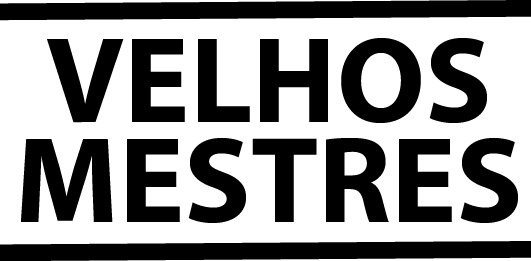A Tarde
From Wildberger* to Besouro
João Moniz**
“Besouro was the biggest attraction of my childhood. His simulated fights with Doze Homens, Ioiô, Nicori and other capoeiristas, his friends, to the sound of the berimbau and pandeiro, were magnificient spectacles of force, agility and kindness, where the sweatty and loyal contenders applied, mutually, the dangerous precepts of attack and defense, careful not to hurt eachother, not to leave from the play in conflict. And Besouro, then, stood out for these attitudes of nobility, he was respected as first among equals, in the bay area and bahia coast, of the fight, which gave him the name, in the priviledged position, in our folklore.
I knew Besouro in the strenght of his twenty and some years. He was friendly, joker, friend of the children and 'the respector of whites'. Having bravery which seemed madness, he liked to tease the police. And often a fight of the devils broke out there in front of the old prison, in his homeland. It was Besouro, who, during night, had woken up the detachment for a 'play', which extended into rushes and shooting, and from which he left unhurt and always smiling, as he had entered.
Sometimes, in the heat of the fight, he pulled a little soldier blood, but never killed anyone. He had as much horror of the word assassin as he liked the term brave, which matched him precisely.
[..]
That participle - killed - used by the reporter [Cláudio Tavares in O Cruzeiro, 1948], lets us believe that Besouro killed eight soldiers and for this he was killed. No, I've already said that Besouro never killed anybody, and I can confirm, with absolute certainty, that he was not killed by the police.
There are two versions about Besouro's death. One, untrue, result of a political treachery, and the other, the true one, in which Besouro, drunk, was wounded with a dagger, treacherously, by a young guy he underestimated in sight of others, when they were drinking on a selling place. And he didn't die straight away from the cut, but of ill treatment, because they left him on the ground for more than a day, his gut open, before he was brought to the hospital Santa Casa de Misericôrdia de Santo Amaro, were he closed his eyes to the life, surrounded by friends, admirers and onlookers."
* Swiss trade Emil Wildberger, 1871-1946, the biggest exporter of cocoa of Bahia in the beginning of 1900.
** A poet from Santo Amaro.
A Tarde. 5th and 7th May, 1949



